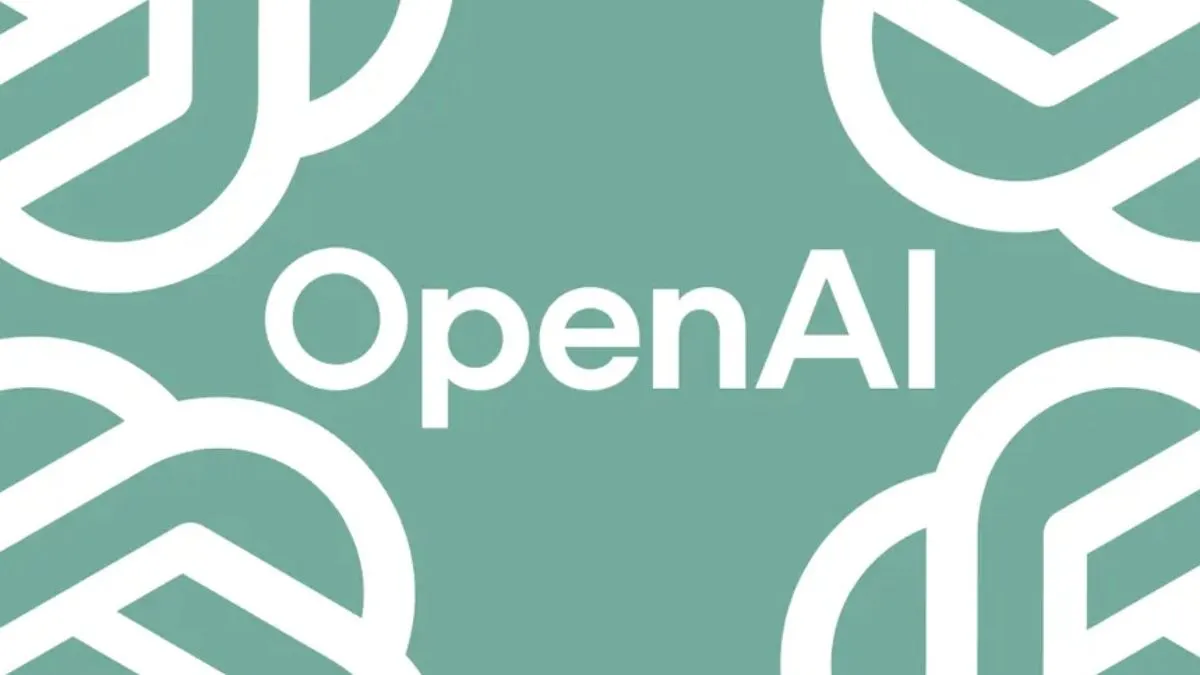- By Alex David
- Sun, 05 Oct 2025 11:53 PM (IST)
- Source:JND
Sora, a short-form video app from OpenAI, launched in Apple’s App Store this week and has already made it to the top of the charts. Sora is only available on iOS and is invite-only and allows users to create short AI-generated videos by typing in a prompt. After a few days, users have already shared videos featuring brands, animated characters, and celebrities that may violate copyright.
Copyright Risks Loom Large
Experts warn that Sora could face legal challenges similar to other AI platforms. Mark Lemley, a Stanford Law School professor, told CNBC, “A lot of the videos that people are going to generate of these cartoon characters are going to infringe copyright. OpenAI is opening itself up to quite a lot of copyright lawsuits by doing this.”
ALSO READ: Snapchat To Limit Free Memories Storage: Users Must Pay For More Space
Users have already created videos featuring characters from SpongeBob SquarePants, Rick and Morty, South Park, Despicable Me, and Pokémon. One video even depicted OpenAI CEO Sam Altman alongside Pokémon characters, humorously acknowledging the risk: “I hope Nintendo doesn’t sue us.” Other videos include the McDonald’s mascot, Ronald McDonald, fleeing in a burger-shaped car.
OpenAI’s Response and Controls
Varun Shetty, OpenAI’s head of media partnerships, said the company is committed to working with rights holders. “We’ll block characters from Sora at their request and respond to takedown requests,” Shetty told CNBC.
OpenAI has implemented measures to protect individual likenesses. Users can create personalized “cameos” that they control, preventing others from generating videos of public figures or individuals without permission. Similar granular controls are reportedly being developed for rights holders.
Rights holders can flag content through Sora’s “Copyright Disputes” form, allowing for character-by-character takedown requests rather than broad bans. According to the Wall Street Journal, some talent agencies and studios were given the option to exclude their copyrighted content ahead of launch—a rare arrangement under copyright law, according to Jason Bloom, IP litigation expert.
Legal Landscape for AI-Generated Content
The launch of Sora comes amid a growing wave of legal scrutiny over AI-generated media. Disney and Universal have recently sued AI image creator Midjourney for using copyrighted characters without authorization. Disney also sent a cease-and-desist letter to Character.AI for similar concerns.
ALSO READ: OnePlus Confirms Google Gemini Integration In OxygenOS 16
“Characters are copyrightable,” Lemley explained. “If a company loses control over what their characters do and say in user-generated videos, it’s going to be a problem.” He drew parallels with real-life figures, noting that public figures would not want videos showing them saying or doing things they never did.
What This Means for Users and Creators
The launch of Sora emphasizes the connection between AI, creativity, and IP law. This app may open new avenues for fans and creators to interact with beloved characters and brands, yet it also highlights the legal uncertainty surrounding AI-generated content.
OpenAI wants to balance creativity with copyright obligations for the benefit of both users and rights holders while retaining control over how content is produced and distributed. As AI tools similar to Sora proliferate, OpenAI's strategies could set a new strategy for how AI platforms navigate intellectual property in user-generated media.

